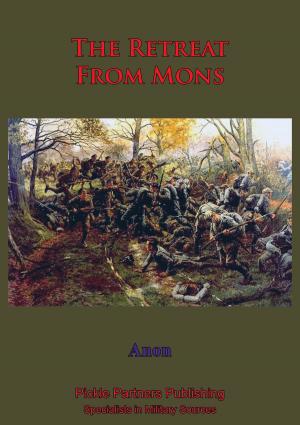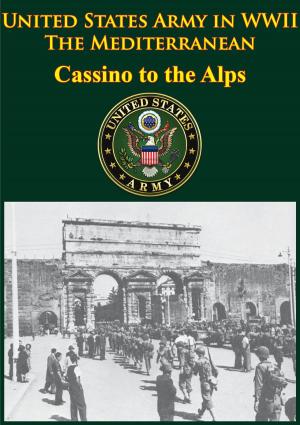Field-Marshal Sir Henry Wilson Bart., G.C.B., D.S.O. — His Life And Diaries Vol. I
Nonfiction, History, Military, World War I, Germany, British| Author: | Major-General Sir Charles E. Calwell | ISBN: | 9781786254719 |
| Publisher: | Lucknow Books | Publication: | November 6, 2015 |
| Imprint: | Lucknow Books | Language: | English |
| Author: | Major-General Sir Charles E. Calwell |
| ISBN: | 9781786254719 |
| Publisher: | Lucknow Books |
| Publication: | November 6, 2015 |
| Imprint: | Lucknow Books |
| Language: | English |
the First World War, who was a passionate “Westerner” and advocate of the Anglo-French alliance. Major-General C. E. Callwell recounts the story of the outspoken, opinionated and well connected Field Marshal using extensive quotes from his diary, often dripping with acerbic wit, in the greatest of detail.
“Field Marshal Sir Henry Wilson, an Irishman who in June 1922 was assassinated on his doorstep in London by Irish republicans, was one of the most controversial British soldiers of that age. Before 1914 he did much to secure the Anglo-French alliance and was responsible for the planning which saw the British Expeditionary Force successfully despatched to France after the outbreak of war with Germany. A passionate Irish unionist, he gained a reputation as an intensely ‘political’ soldier, especially during the ‘Curragh crisis’ of 1914 when some officers resigned their commissions rather than coerce Ulster unionists into a Home Rule Ireland. During the war he played a major role in Anglo-French liaison, and ended up as Chief of the Imperial General Staff, professional head of the army, a post he held until February 1922. After Wilson retired from the army, he became an MP and was chief security adviser to the new Northern Ireland government. As such, he became a target for nationalist Irish militants, being identified with the security policies of the Belfast regime, though wrongly with Protestant sectarian attacks on Catholics. He is remembered today in unionist Northern Ireland as a kind of founding martyr for the state. Wilson’s reputation was ruined in 1927 with the publication of an official biography, which quoted extensively and injudiciously from his entertaining, indiscreet, and wildly opinionated diaries, giving the impression that he was some sort of Machiavellian monster.”-Professor Keith Jeffrey.
the First World War, who was a passionate “Westerner” and advocate of the Anglo-French alliance. Major-General C. E. Callwell recounts the story of the outspoken, opinionated and well connected Field Marshal using extensive quotes from his diary, often dripping with acerbic wit, in the greatest of detail.
“Field Marshal Sir Henry Wilson, an Irishman who in June 1922 was assassinated on his doorstep in London by Irish republicans, was one of the most controversial British soldiers of that age. Before 1914 he did much to secure the Anglo-French alliance and was responsible for the planning which saw the British Expeditionary Force successfully despatched to France after the outbreak of war with Germany. A passionate Irish unionist, he gained a reputation as an intensely ‘political’ soldier, especially during the ‘Curragh crisis’ of 1914 when some officers resigned their commissions rather than coerce Ulster unionists into a Home Rule Ireland. During the war he played a major role in Anglo-French liaison, and ended up as Chief of the Imperial General Staff, professional head of the army, a post he held until February 1922. After Wilson retired from the army, he became an MP and was chief security adviser to the new Northern Ireland government. As such, he became a target for nationalist Irish militants, being identified with the security policies of the Belfast regime, though wrongly with Protestant sectarian attacks on Catholics. He is remembered today in unionist Northern Ireland as a kind of founding martyr for the state. Wilson’s reputation was ruined in 1927 with the publication of an official biography, which quoted extensively and injudiciously from his entertaining, indiscreet, and wildly opinionated diaries, giving the impression that he was some sort of Machiavellian monster.”-Professor Keith Jeffrey.



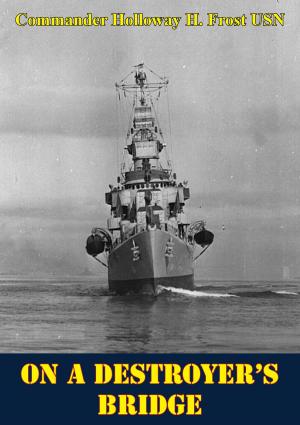
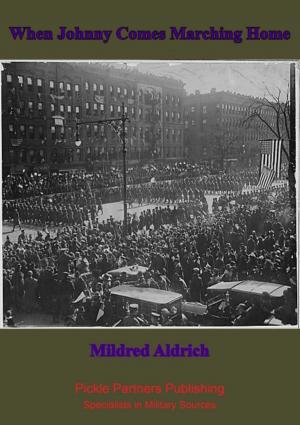
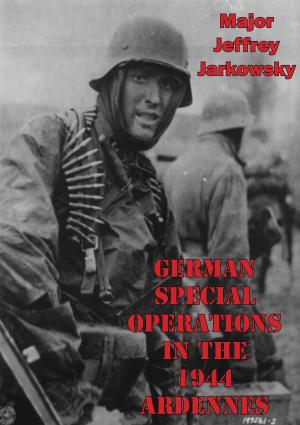
![Cover of the book The A.E.F. Of A Conscientious Subaltern [Illustrated Edition] by Major-General Sir Charles E. Calwell](https://www.kuoky.com/images/2014/august/300x300/9781782892977-a5ly_300x.jpg)
![Cover of the book The Emma Gees [Illustrated Edition] by Major-General Sir Charles E. Calwell](https://www.kuoky.com/images/2015/november/300x300/9781786255501-8RDw_300x.jpg)
![Cover of the book Road To Huertgen: Forest In Hell [Illustrated Edition] by Major-General Sir Charles E. Calwell](https://www.kuoky.com/images/2014/august/300x300/9781782898467-CKj5_300x.jpg)
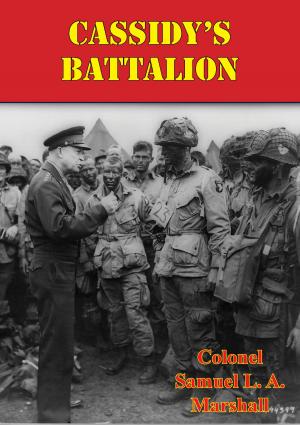
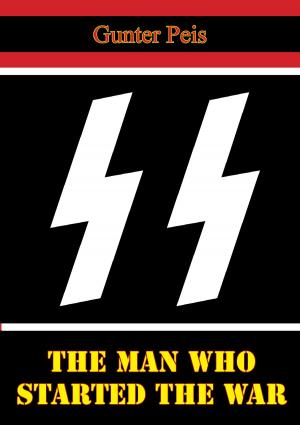
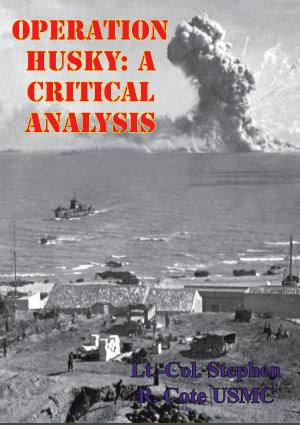
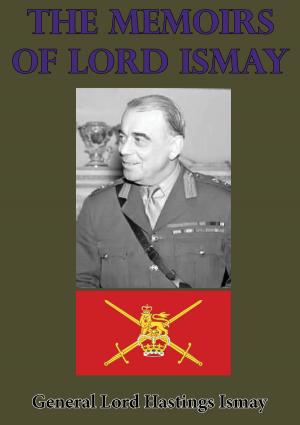
![Cover of the book Mr. Poilu; Notes And Sketches With The Fighting French [Illustrated Edition] by Major-General Sir Charles E. Calwell](https://www.kuoky.com/images/2014/august/300x300/9781782893332-XyTR_300x.jpg)
